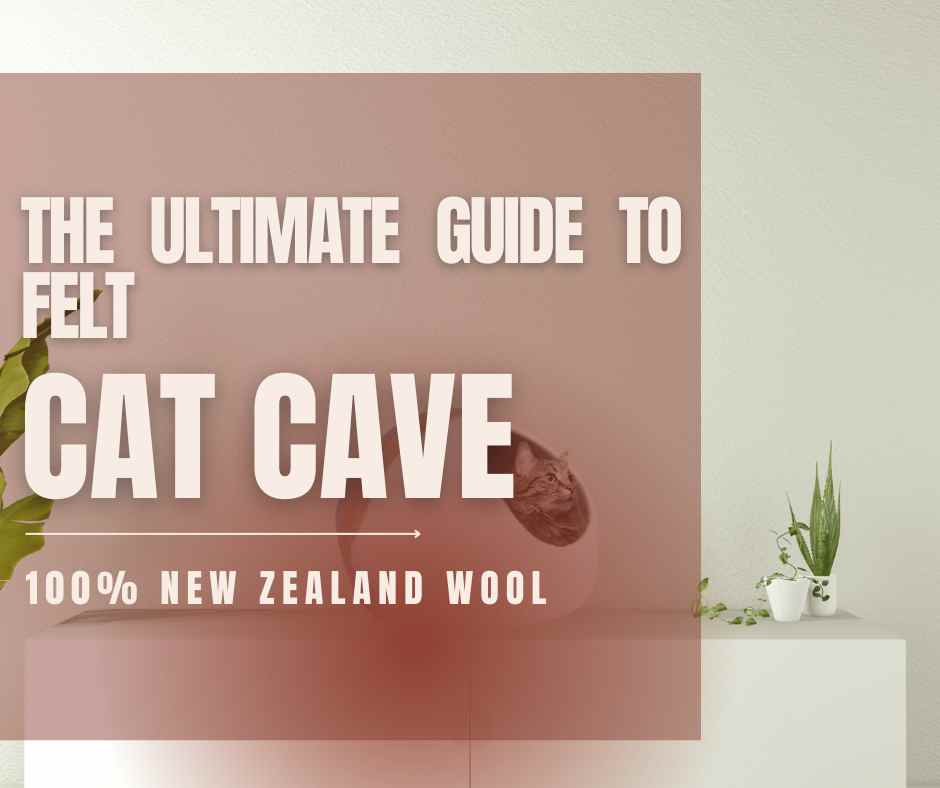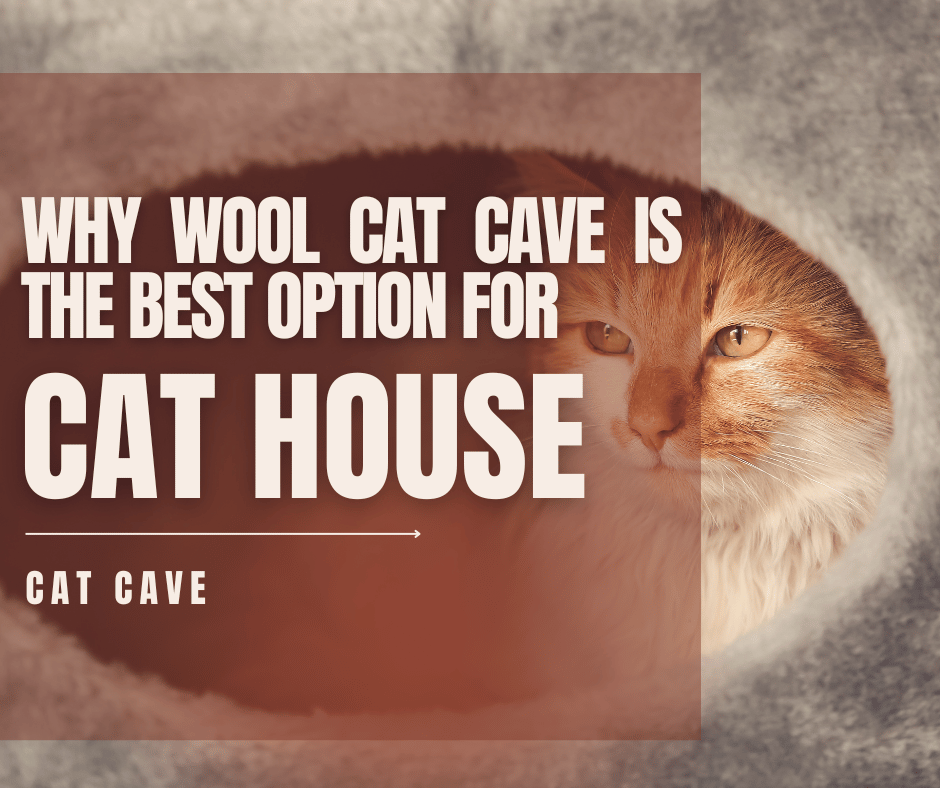Eco-Friendly Living: Why Felt Products Are Sustainable Home Essentials
As more people embrace eco-friendly living, choosing sustainable home products has become increasingly important. Felt products, especially those made from 100% natural materials like New Zealand wool, are gaining popularity as environmentally responsible alternatives to synthetic materials. Felt’s natural, renewable, and biodegradable qualities make it an excellent choice for eco-conscious consumers. In this blog, we’ll explore why felt products are sustainable home essentials and how they contribute to a greener, healthier planet.
What Makes Felt Products Eco-Friendly?
Felt is one of the oldest fabrics known to humans, and its eco-friendly qualities make it a perfect material for modern home products. Here’s what makes felt products sustainable:
1. Made from Natural, Renewable Materials
Felt is typically made from natural fibers, with wool being the most common material. Wool is a renewable resource because sheep produce a new fleece every year, making it a sustainable choice. In particular, 100% New Zealand wool is known for its softness, durability, and high-quality fibers, making it an ideal material for eco-friendly products like rugs, slippers, and cat caves.
Unlike synthetic fibers, which are derived from non-renewable resources like petroleum, wool felt is a natural and biodegradable alternative. Choosing felt over synthetic options helps reduce dependence on fossil fuels and promotes the use of renewable resources.
2. Biodegradable and Environmentally Safe
One of the most significant environmental benefits of felt products is that they are biodegradable. Wool felt breaks down naturally in soil over time without releasing harmful chemicals into the environment. This makes it a responsible choice for consumers looking to reduce their carbon footprint and waste production.
Synthetic materials like polyester or plastic can take hundreds of years to decompose, contributing to landfill pollution. In contrast, when wool felt products reach the end of their life cycle, they can return to the earth, leaving a minimal environmental impact.
3. Energy-Efficient Production
The production of felt is relatively energy-efficient, especially when compared to synthetic fabric manufacturing. Creating felt involves minimal processing—typically, raw wool is cleaned, carded, and compressed through heat and moisture. This simple process reduces energy consumption and avoids the harsh chemicals often used in the production of synthetic fibers.
Handmade felt products, in particular, have an even lower carbon footprint. By supporting artisans who create felt items by hand, you’re promoting sustainable craftsmanship that avoids industrial energy waste.
How Felt Products Benefit Your Sustainable Lifestyle
Felt products not only benefit the environment, but they also enhance your home in several eco-friendly ways. Let’s look at how felt contributes to sustainable living:
1. Long-Lasting Durability Reduces Waste
Felt products, especially those made from high-quality wool, are incredibly durable and long-lasting. Wool felt naturally resists wear and tear, making it an excellent choice for products like rugs, slippers, and coasters that endure daily use. This longevity means you won’t need to replace your felt items as frequently, reducing overall waste and resource consumption.
By investing in long-lasting felt products, you’re making a sustainable choice that helps minimize the cycle of constant consumption and disposal.
2. Natural Insulation for a Greener Home
Wool felt provides natural insulation, helping to regulate temperature in your home. Whether you’re using felt rugs or slippers, this insulating quality helps retain heat during cold weather and keeps spaces cooler in warmer months. By using felt products, you can reduce your reliance on heating and cooling systems, which translates to energy savings and a lower carbon footprint.
This is especially useful for eco-conscious homeowners looking to create a more energy-efficient living space.
3. Non-Toxic and Hypoallergenic for Healthier Living
Wool felt is a non-toxic and hypoallergenic material, free from the harmful chemicals often found in synthetic fibers. Wool’s natural properties make it resistant to dust mites, mold, and mildew, making felt products ideal for those with allergies or respiratory sensitivities.
Using felt in your home contributes to better indoor air quality and a healthier living environment. It’s a sustainable, natural material that promotes wellness while reducing exposure to synthetic chemicals.
Popular Eco-Friendly Felt Products for Your Home
Felt products come in various forms, all offering eco-friendly solutions for different parts of your home. Here are some popular felt products to consider:
1. Handmade Felt Rugs
Felt rugs, particularly those made from 100% New Zealand wool, are a stylish and sustainable addition to any room. They provide comfort underfoot, act as natural insulators, and are biodegradable when they reach the end of their life cycle.
2. Felt Slippers
Felt slippers offer warmth and comfort while being gentle on the environment. Wool’s moisture-wicking and temperature-regulating properties make felt slippers a perfect eco-friendly choice for year-round use.
3. Felt Coasters and Trivets
Felt coasters and trivets are practical home accessories that protect surfaces while adding a soft, stylish touch to your kitchen or dining area. They are made from natural fibers and can be composted at the end of their life, making them a zero-waste option.
4. Felt Cat Caves
Felt cat caves provide a cozy, natural space for your feline friend. Made from 100% wool, they are safe for pets and biodegradable. Felt cat caves are perfect for eco-conscious pet owners who want to provide comfort while supporting sustainable practices.
Conclusion
Felt products, especially those made from 100% New Zealand wool, are an excellent choice for anyone looking to live a more eco-friendly and sustainable lifestyle. From their natural, renewable materials to their long-lasting durability, felt products contribute to a healthier planet by reducing waste, conserving energy, and promoting sustainable craftsmanship. Whether you’re choosing felt rugs, slippers, coasters, or cat caves, these products offer both environmental and personal benefits that support your commitment to eco-friendly living.
FAQs (Frequently Asked Questions)
Yes, wool’s natural insulation properties keep your feet warm in winter and cool in summer, making them ideal for year-round use.
High-quality felt products, such as those made from New Zealand wool, are incredibly durable and can last for years with proper care, reducing the need for frequent replacements.
Yes, wool felt products are biodegradable and can be composted at the end of their life, contributing to a zero-waste lifestyle.
Wool felt is hypoallergenic and naturally resistant to dust mites, mold, and mildew, making it a great choice for individuals with allergies.
Wool felt has natural insulating properties, helping regulate indoor temperatures. This can reduce the need for heating and cooling, resulting in lower energy consumption.
Contact us:
- info@himalayanaesthetics.com
- +91 9900618954
- Flat no 208, Rangashree Pearl 5th Main Rd, opposite to KSIT, Raghuvanahalli, Bangalore City Municipal Corporation Layout, Bengaluru, Karnataka 560019
Copyright 2025 © Himalayan Aesthetics. All Rights Reserved.



